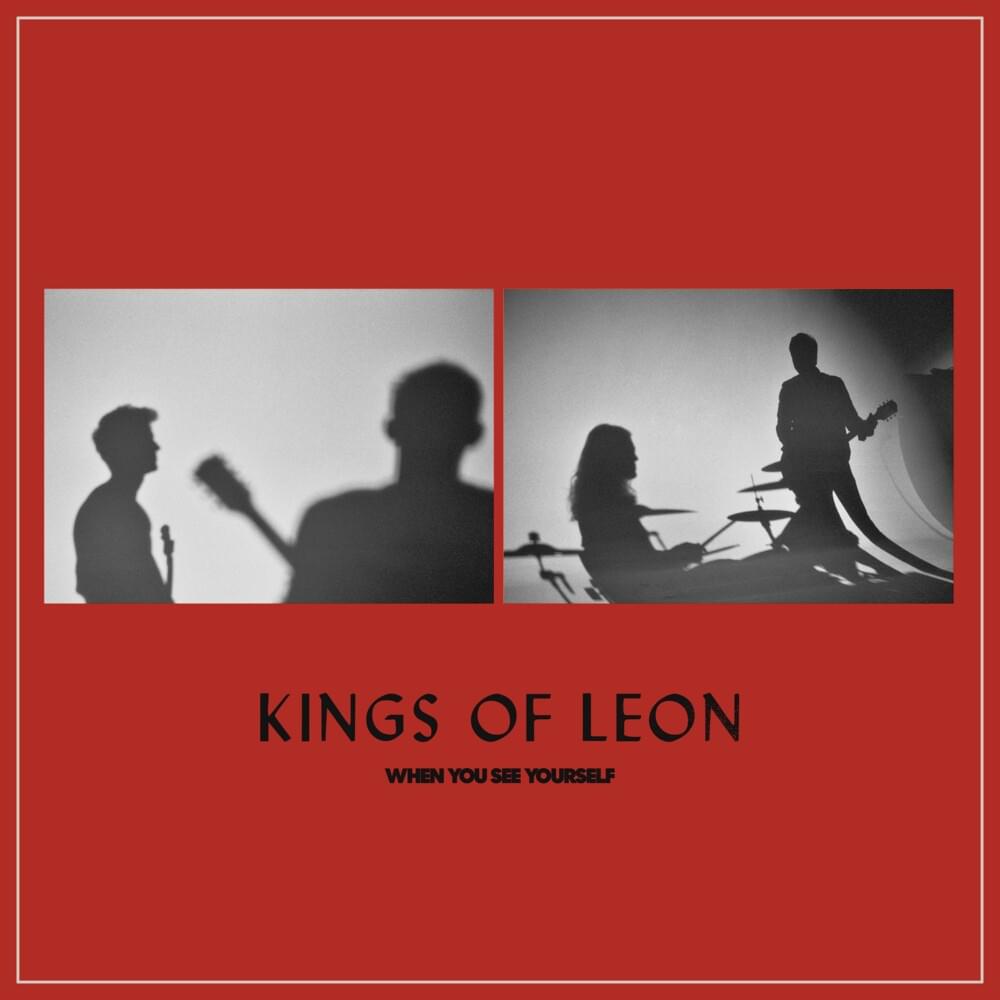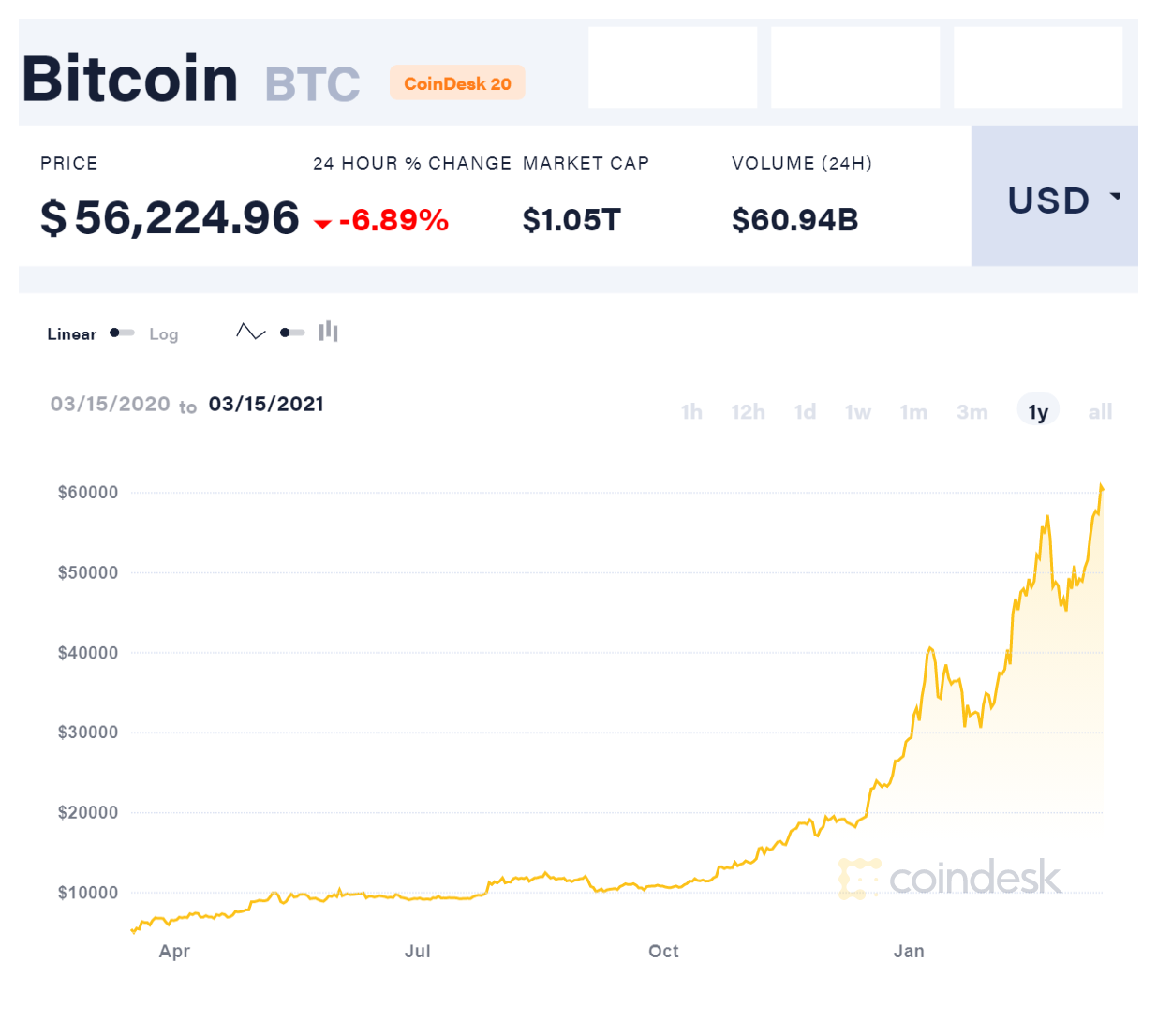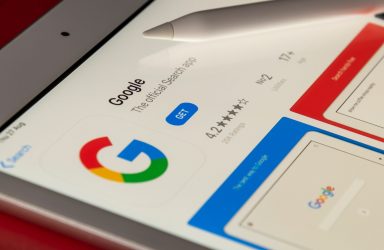You may have read or seen numerous reports recently about something called an NFT.
If you investigated what it was, you would have found that it stands for a rather odd-sounding name – a Non-Fungible Token. A non what I hear you ask? Exactly.
So, this blog post will look to explain:
- What is a Non-Fungible Token?
- Why have NFTs become popular?
- Why they’re important
- Conclusion
What is a Non-Fungible Token?
Let’s first look at what the word fungible means.
A fungible is a commodity that is freely interchangeable with another in satisfying an obligation. Or, something that is exchangeable or substitutable.
The Cambridge Dictionary describes it below.

Source: The Cambridge English Dictionary
Therefore, a non-fungible token is a digital file (token) whose unique identity and ownership are verified on a blockchain (a digital ledger). NFTs are not mutually interchangeable.
The token sits on a digital ledger – a blockchain. This means that the token has a unique identifier that cannot be changed.
In essence, you have purchased a unique token that is yours alone and that token has an individual number assigned to you. Only you can buy or sell that token. It cannot be copied.
Why have NFTs become popular?
Well, there have been two main pieces of news recently that have raised the awareness of NFTs.
The Music Industry and NFTs
Firstly, the rock band Kings of Leon were reported in the music newspaper, NME to be releasing their new album ‘When You See Yourself’ via NFTs.

Image Credit: Kings of Leon
The NME said that the band have generated over $2million (£1.4million) from non-fungible tokens with each unique token containing exclusive album artwork and limited edition ‘Golden Eye’ vinyl. So those purchasing get original art, fan perks and exclusive music.
Eliminating the Gatekeepers
A recent public spat between Taylor Swift and Scooter Braun, who in essence owns Swift’s back catalogue of music, saw Braun sell the rights to her first six albums without her consent, to an investment fund.
This could have potentially been avoided if Swift owned the content and sold it via NFTs. Thus giving her total control over her music and assets.

Image Credit: BBC
This could be more seismic for record labels, possibly more than when free music streaming had music execs scratching their heads after realising that streaming was here to stay.
For those in music management that own their artists’ content, NFTs could soon provide a direct fan to band engagement, the likes of which has never been seen before.
Kings of Leon are just the tip of the iceberg.
The Art Industry and NFTs
Probably the most prolific news about the growth of Non-Fungible Tokens was the recent sale at the auction house Christies, who sold the work of digital artist Mike Winkelmann, aka Beeple, for a staggering $69,346,250.
This caused a huge interest, not only in the artist himself but in the method of the purchase, which in turn, virtually guaranteed the authenticity of his work.

Image Credit Christies Auctions
Winkelmann, whose work was called the Everyday: The first 5000 days, had religiously created a piece of digital art starting on the 1st May 2007 and after 13 and half years, put it up for sale.
Remember this is a digital piece of art made up of 5,000 pieces of individual pieces to make up a stunning collage.
As people were looking to get their head around this, the art world was already ahead of the game. Though this was formidable, the sale of pieces of digital art had been happening for a while.

Image Credits: CryptoArt and Techcrunch
NFTs in music and art are here to stay. They allow funding of the artist directly by investors and fans. In turn, this gives the artists the creative freedom to develop and build new work.
Why NFTs are important?
NFTs mark a game change in the way our world works. There has been a shift happening that has shaken up the traditional landscape.
Before we look at why NFTs are important, we need to understand that they are part of a cultural shift that could quite possibly change the world forever.
Not only has the Pandemic been the biggest change to our world with the spread of Covid-19 but on top of this horrendous virus, there were already numerous changes taking place that will change the way the world does business.
Other areas that have changed things
SPACS – Special Purpose Acquisition Company
This relatively recent development in the world of high finance has been gaining popularity.
SPACS are essentially shell companies set up by investors with the sole purpose of raising money through an Initial Public Offering (IPO) and then acquire another company.
This allows a company that is private and looking to raise capital, to do so without going through the traditional route. SPACS have no traditional company structure (shell) and therefore does not make or sell anything – other than the investors into the vehicle.
Many well-known companies are looking to use SPACS where they cannot get traditional financing. These companies include: Virgin Galactic, WeWork, OpenDoor and the Bill Gates backed Butterfly Network.
Cryptocurrency acceptance
Another area that feeds into the growth of NFTs is the rise and acceptance of the most popular use of blockchain technology to date – cryptocurrency.
The most popular cryptocurrency is Bitcoin. As I write this, Bitcoin rose to an eye-watering $60,000 (£43,100) per Bitcoin, continuing its record-breaking run.

Source and Image Credit: Coindesk
With the global economy going through another global event, historically the world’s banks and economies have tended to Quantitative Easing or flood the market with currency to support the market.
This can devalue traditional currency, for example the confidence in the dollar. Cryptocurrencies have started becoming not only an investment area but also a ready made infrastructure that runs on well established blockchains.
Since certain governments and large investment banks adopting cryptocurrency and the technology, the growth by retail investors to buy into crypto currencies has exploded.
In turn, meaning crypto tokens like NFTs are now trusted assets to buy and fund services and products.
Conclusion
If like me, you are old enough to remember the dotcom crash of the late 90s you realise the cyclical nature of how the world shifts on its axis.
Without the dotcom crash, there would in essence be no internet and large tech companies like Google, Facebook and Amazon. The proliferation of technology was going to the masses and it had to go up before it went down – before it stabilised again and the real players emerged, rising from the fire like a digital phoenix.
The difference this time is that blockchain technology has been with us for a very long time and the boom and bust scenario is less likely to happen.
The applications for NFTs will filter through to all areas of society and the journey has just begun.
To learn more about and help shape your business for the digital economy, please feel free to get in touch. Or read more on Medium.







